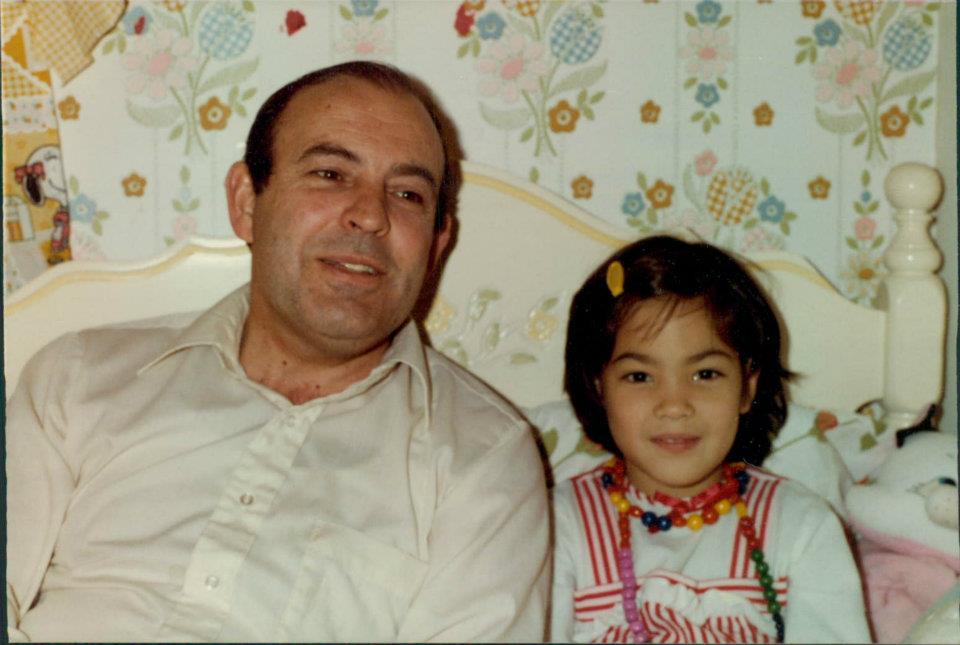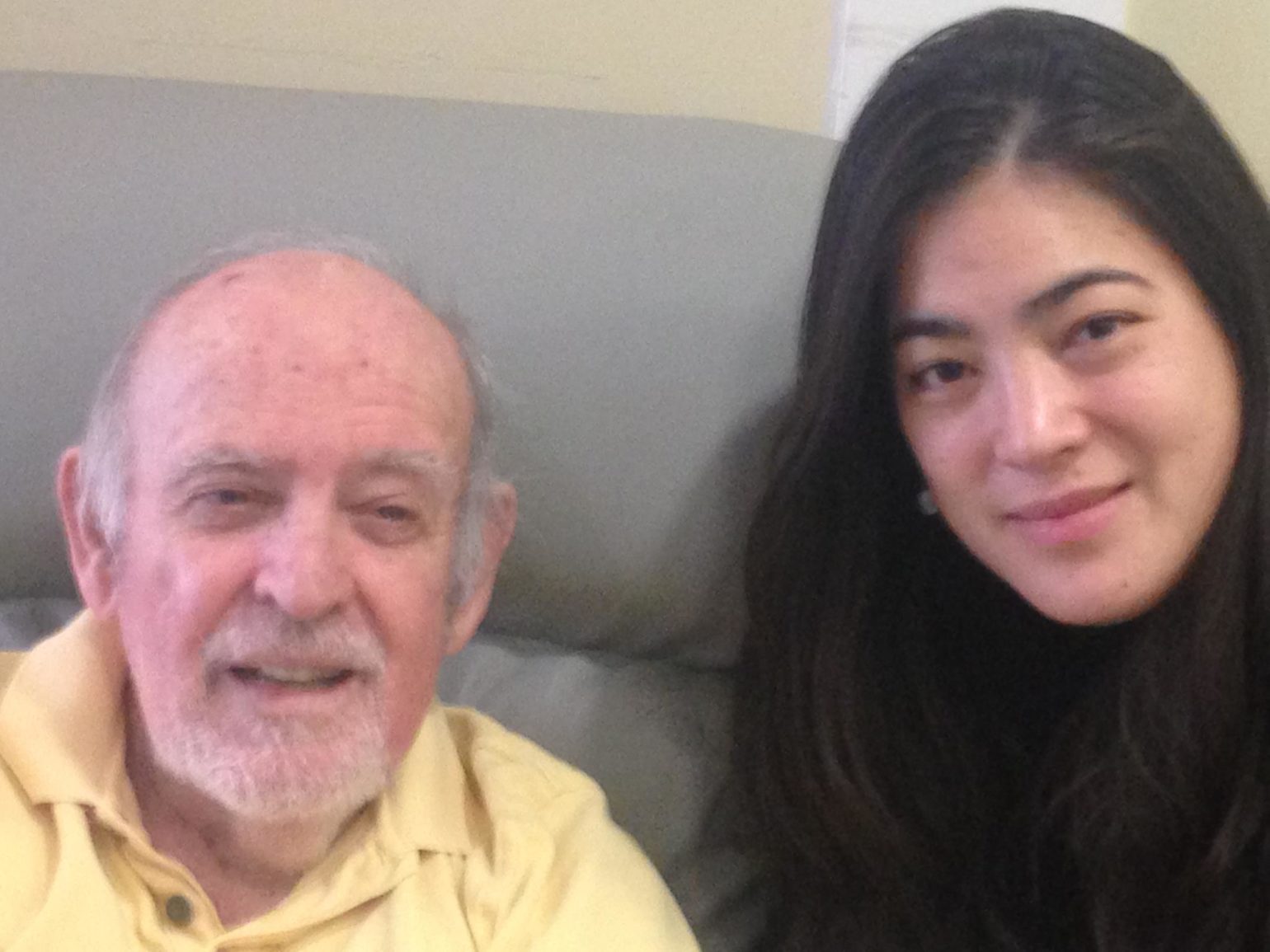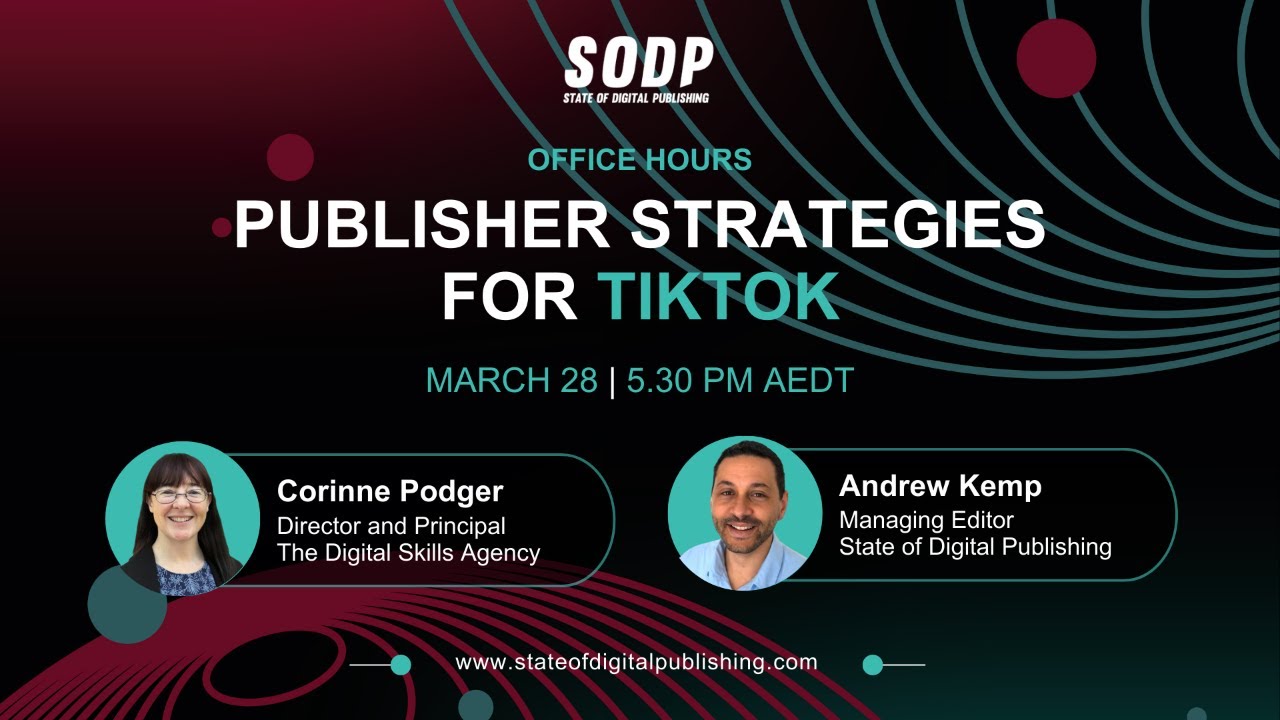Jay Newton-Small is the CEO and Co-Founder of MemoryWell.
What led you to start working in digital/media publishing?
My father had Alzheimer’s and I was his primary caregiver. A few years ago, when I moved him into a community, they asked me to fill out a 20-page questionnaire about his life. This made no sense to me. First of all, I have terrible handwriting! Secondly, I was a professional writer at the time and I found the questions impossible to answer — I challenge anyone to describe their parent’s 50+ year marriage in four lines; and third, who was going to read and remember 20 pages of hand-written data points for the 150+ residents in that community? I handed in the form blank and instead wrote down his story. They loved it. They remembered it, told each other about it. MemoryWell was born. We now have a network of more than 450 journalists across the country writing senior life stories with the aim of improving connections and care. All of our stories are hosted digitally and families can add their loved one’s favorite music, movies, arts and readings to build out a whole timeline of their loved ones’ lives.
What does a typical day look like for you?
Perhaps it’s my journalism background, but every day tends to be different. We’re a startup so I wear many hats, being an editor, writer, CEO, sales person, manager, marketer, and fundraiser — so every day entails multiple demands!
What does your work setup look like? (your apps, productivity tools, etc.)
Right now we use Basecamp to track all of our stories and nimble to track sales. That’s changing as we grow. We’re switching to our own custom content management system and likely sales forces to track sales.
What do you do to get inspired?
When my dad was alive, I visited him! Now, it’s the time I spend in assisted living and continuing care communities listening to amazing senior stories that otherwise might get lost to time.
What’s your favorite piece of writing or quote?
I’m a writer who just left TIME Magazine after a decade. There, I covered stories on five continents, interviewed presidents and global leaders, and had a front-row seat to the very best and worst the world can offer. I don’t have a favorite piece — that would be like picking between my kids, even amongst the cover stories I’ve done. But lately, I’ve been thinking about a poem, “You, Andrew Marvell,” by Archibald MacLeish. It’s about how brief life is and how tiny our place is in the long sweep of history.
What is the most interesting/innovative thing you have seen on another outlet other than your own?
Hmmm. That’s a tough question. I’ve admired some of the gun-tracking data work that The Trace has been doing.
Content from our partners
What is the problem that you’re passionately tackling at the moment?
Microjournalism. When I wrote for TIME it was about the 1 percent, the richest, most powerful people in the world, for an audience of millions. At MemoryWell, I’m inverting that model. I’m writing about the 99 percent, everyday people. Our original pain point was Alzheimers and dementia, people who felt some sense of urgency to capture their stories as their memories were fading. But we’re now expanding to do more general senior storytelling/life archiving. This is a generation that doesn’t have much of a digital footprint, and few people have a real grasp on who they really are. We aim to change that, potentially getting a ground-level view on recent history from thousands, if not millions, of new perspectives!
Do you have any advice for ambitious digital publishing and media professionals who are just starting out?
Don’t wait for someone else’s permission or paycheck to write stories. You’ll only get better and better by writing. Clips these days can be as simple as Facebook posts. As long as you’re out there writing, you’re changing things and being heard.














